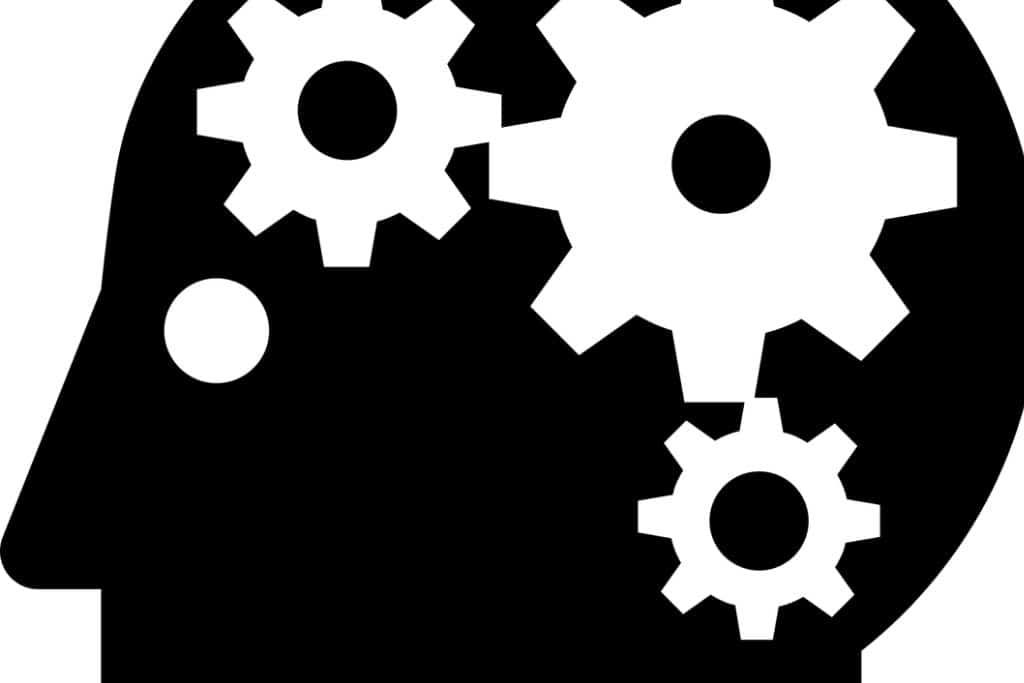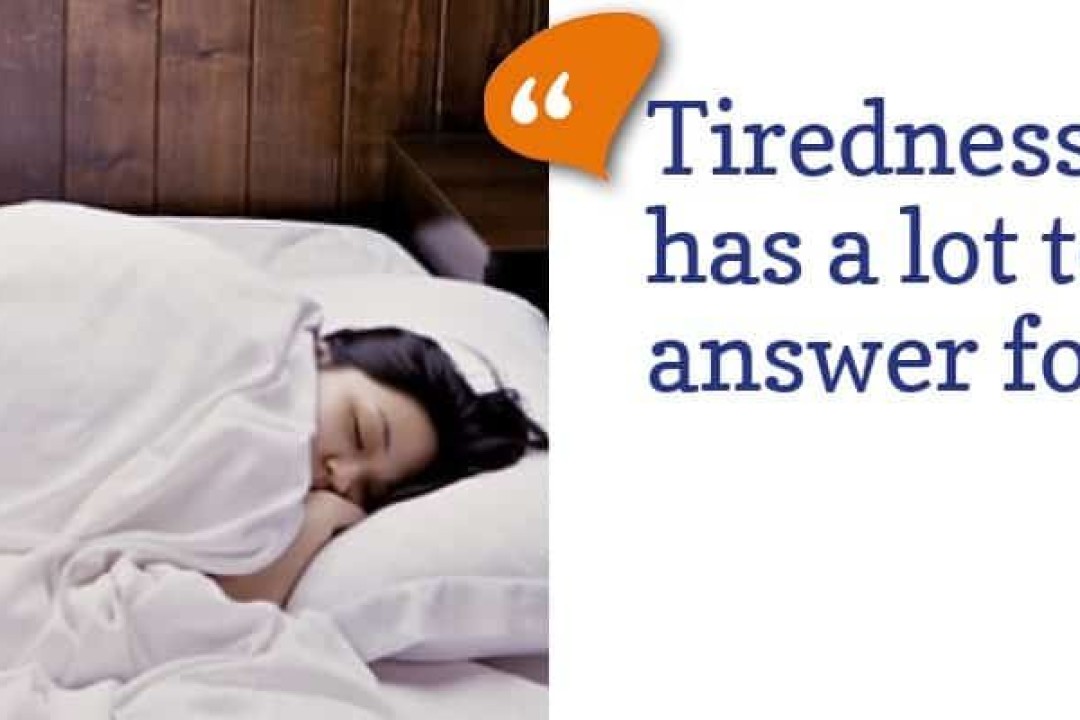Learning to understand ourselves
August 8th, 2019 Mrs D's Blog

I knew after I stopped drinking that if I was going to be genuinely at peace with being sober, I needed to retrain my brain. I needed to shift my thinking patterns so that I wouldn’t keep bombarding myself with woe-is-me thoughts about booze. I knew that while I couldn’t control the world around me, I could control my own thinking and that really needed to change.
I think this brain retraining is a vital part of recovery and it is something that we always need to be working on. Us boozers have brains that have been conditioned to think in ways that lead us to drink, and we need to work on those brains to free ourselves from those unhelpful (addictive) thoughts.
Sometimes, for this involves really focussing on my thoughts about alcohol and analysing/unpicking them to uncover the lies they are founded on.
But at other times I have to do just the opposite – NOT analyse and focus on them but just push them out quick smart and not allow them any time or space to settle in and grow in strength.
How do I know whether to pick them over or push them out? I’ve had to learn to understand myself. I’ve had to learn self awareness. I’ve had to learn to look first and foremost at what mood or state I am in when these unhelpful thoughts arrive.
So when a sad woe-is-me thought arrives about booze (e.g. “I am missing out, everyone else is drinking and having fun, I am a boring sober loser, my life is over” etc etc) rather than just allow that thought to sit there and fester I first ask myself: How am I right now in general? Am I feeling good today? Have these sad woe-is-me thoughts about booze risen because there is a genuinely tricky situation up ahead? Or in actual fact am I particularly tired/stressed/anxious/sad/angry right now? Am I in a low or gritty phase? Am I vulnerable?
And through this process I have discovered that it is usually on the days I am feeling particularly emotionally vulnerable about something else that I am more likely to form woe-is-me thoughts about my non-drinking lifestyle. When I can see this clearly for what it is, I take the power away from the thoughts. They are no longer absolute truths or facts, they are born from a mind that is feeling exposed, tired, vulnerable. Having this little insight and awareness of my emotional state is enough for these thoughts to lose their power, and I don’t feel the need to go into any great effort analysing them.
I am tired – enough said. I need rest not booze.
I am stressed – enough said. I need to relax genuinely not drink alcohol.
I am sad – enough said. I need to acknowledge the sadness and treat myself kindly, not numb myself away with booze.
(In sobriety self-awareness is often followed closely by it’s special friend self-care.)
Learning to understand ourselves – that is one of the greatest gifts that sobriety brings us. So next time you get hit with a craving, a wall of words in your brain trying to convince you to pick up, pause and take stock. Be curious and examine what is going on. Take the time, get to know and understand yourself.. and act carefully with wisdom, not quickly with a knee jerk reaction. Then you’ll truly start to uncover your power, and that is a beautiful thing.
Mrs D xxx
Continue reading
Gratitude
Some mornings I wake up inexplicably happy to be sober - still, after 12 years!
June 17, 2024
Happiness is a new rug
This update was posted by our beloved long-time member @ylang-ylang (over 700 sober days hooray!) in the Members Feed the other day.
June 5, 2016
Flip your thinking...
I’ll be honest I had a sad pang about not drinking the other day and had to quickly run over my ‘positive about sobriety’ thought processes to remind myself why my life is better now I’m sober.
June 21, 2017

